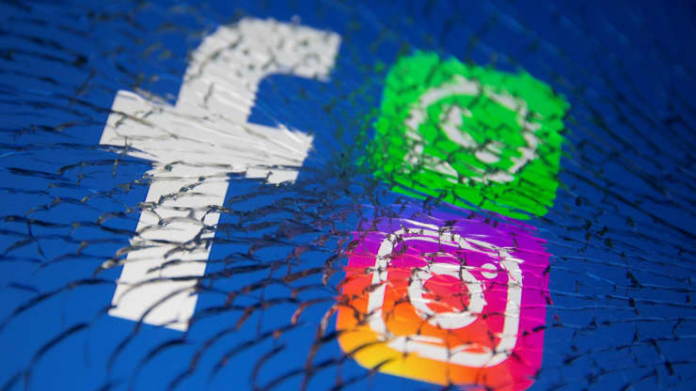By Seth Gellman
On Monday, October 4, Facebook, Whatsapp, and Instagram experienced a prolonged outage. The five hour outage resulted in share prices dropping by 4.8%, decreasing Zuckerberg’s wealth by $5.9 billion. His current wealth is now $117 billion, making him the world’s sixth richest person, according to Forbes.
This is the first extended shutdown of Facebook since 2019, when the media giant went down for fourteen hours. This led to a ripple effect where users couldn’t access anything connected to a Facebook, Whatsapp, or Instagram account.
This time, Facebook claimed that what caused the outage was changes in the internet infrastructure system. Unfortunately, Facebook’s internal system for communications, Workplace, went down in the outage as well, making it more difficult for employees to contact each other. It was eventually fixed after a team was able to access the servers in California.
However, this isn’t Facebook’s first tango with blunders this week. Frances Haugen, a Facebook manager turned whistleblower, collected thousands of pages of evidence about Facebook and the harms caused by the company. She then distributed this wherever she could, whether that be the media or Congress.
Facebook’s outages may have been mocked and joked about, but they have very serious consequences. Mark Donnelly, a clothing business owner in Ireland, says, “With Facebook being down we’re losing thousands in sales.” Using Facebook and Instagram to reach followers and customers, Donnelly was hurt more by the outage than many other businesses. Samir Munir, a food-delivery service owner in New Delhi, India, was also severely harmed by the outage. Unable to send or receive orders through Facebook, Munir said, “Everything is down, my whole business is down.”
While many laugh and jest at an outage for a company worth billions of dollars, it had serious consequences for people across the globe. As pressures mount on Facebook, all eyes will be on the media conglomerate as to how they try to recover from the situation at hand.

